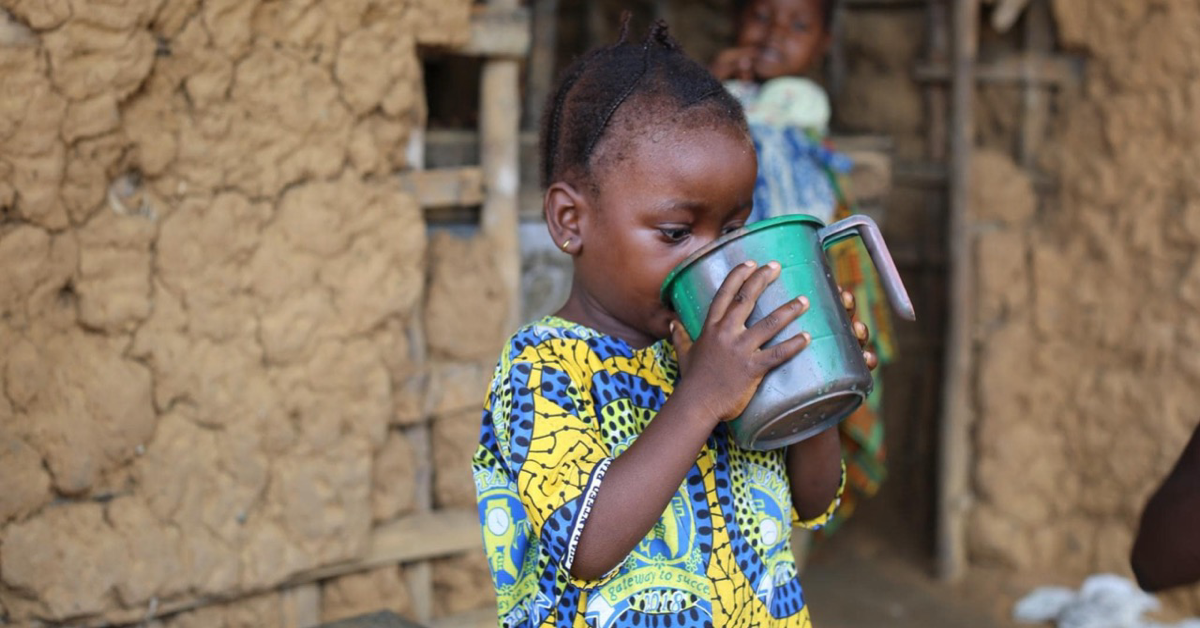Enhancing public health and productivity, UNICEF Sierra Leone, in collaboration with key partners such as the Government of Iceland and the UK Government, has successfully implemented Water, Sanitation, and Hygiene (WASH) initiatives. These efforts have resulted in the provision of safe water to a staggering half a million individuals in Sierra Leone.
The impact of this initiative goes beyond mere access to safe water; it’s a catalyst for improved health outcomes and increased productivity in the region. The introduction of WASH facilities, made possible through the collaborative efforts of UNICEF Sierra Leone and its supportive partners, signifies a critical step towards achieving sustainable development goals related to health and well-being.
Sierra Leone, like many other regions, has faced challenges in ensuring widespread access to safe water. The concerted efforts of UNICEF and its partners, particularly the Government of Iceland and the UK Government, have overcome these challenges, resulting in tangible benefits for the local population.
This accomplishment aligns with the broader global agenda of ensuring access to clean water, a fundamental human right. The positive impact on health is evident, as communities now have a reliable source of safe water. Additionally, the newfound accessibility to water enhances productivity, as individuals, especially women and children who often bear the responsibility of water collection, can redirect their time and energy towards education and economic activities.
The success of this collaborative endeavor serves as a testament to the positive outcomes achievable through international cooperation and dedicated efforts towards sustainable development, particularly in the crucial domain of water accessibility and sanitation.











